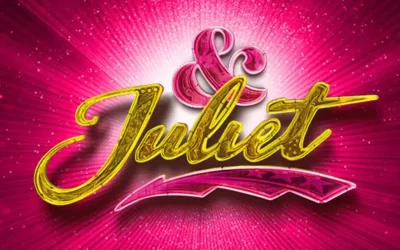This story was updated at 4:24 p.m. on Friday, September 2, 2011, to reflect the correct amounts in Eventbrite’s gross ticket sales.
Looking to broaden its reach in the ticketing industry, Eventbrite is adding music and media executives to its board and building a stronger base of technology to offer users.
This May, the San Francisco based ticketer brought over Barry McCarthy, former chief financial officer of Netflix, to its Board of Directors. McCarthy also has a background in digital music distribution, having served as senior vice president and CFO of Music Choice, which provides music and music-related audio and video to cable and mobile devices.
And just this week, the company announced that Ashley Capps, head of AC Entertainment and co-founder of the eclectic music festival Bonnaroo, will join the company’s Board of Advisors. AC Entertainment, founded in 1991, is known for its production of various music festivals like the Manchester, TN Bonnaroo and Vegoose, the Las Vegas Halloween music festival popular in the mid-2000’s.
The move to bring on Capps signals a broader intention for the company to develop events and unique ticketing opportunities in new areas of the industry. For example, this year Eventbrite worked with the Vans Warped Tour to sell tickets for its July 3rd stop at the Ventura County Fairgrounds in Ventura, CA. The company announced that, with this new partnership, 60 percent more presale tickets were sold online than for last year’s concert. The agreement also seems to have garnered new audience for the tour, with first time attendees grabbing 81 percent of tickets sold through Eventbrite links.
New technology is also bringing changes to the way Eventbrite works. Last month, Thinglink, a technology company out of Helsinki, Finland, partnered with the company to give Eventbrite users the opportunity to purchase their tickets directly through interactive web images.
In June, Eventbrite released a new app for the iPad, Eventbrite At The Door, which allows event organizers to make their box office portable, giving them the ability to collect both cash and credit payment for tickets on-site at their events, wherever that may be.
Launched in 2006 by Kevin and Julia Hartz, Eventbrite operates a “do-it-yourself” model of event management, allowing anyone to plan and sell tickets for an event. Clients get a custom event webpage as well as access to the company’s suite of social media tools, including postings on Facebook and Twitter. The company charges organizers 2.5 percent of sales income plus $0.99 per ticket. The model seems to be working for Eventbrite: in 2010, gross ticket sales were $200 million, and in 2011 it looks like gross ticket sales might close in on $400 million.
With 20 percent of business already coming from outside the U.S., international expansion is on the horizon, as is further technological growth to manage interaction with the secondary market and ticketing reserved-seating events. Yet, to date, its founders still do not view the company as in direct competition with Ticketmaster.
“Ticketmaster is a ticketing company, and certainly in our purview,” Kevin Hartz told entrepreneurial magazine Fast Company earlier this year, “But we’ve grown successfully with virtually no business from Ticketmaster’s core market.”
Hartz instead views the potential scope of Eventbrite’s reach as much wider than Ticketmaster’s, with its traditional involvement in everything from small local events to professional gatherings to larger festivals and concerts.



